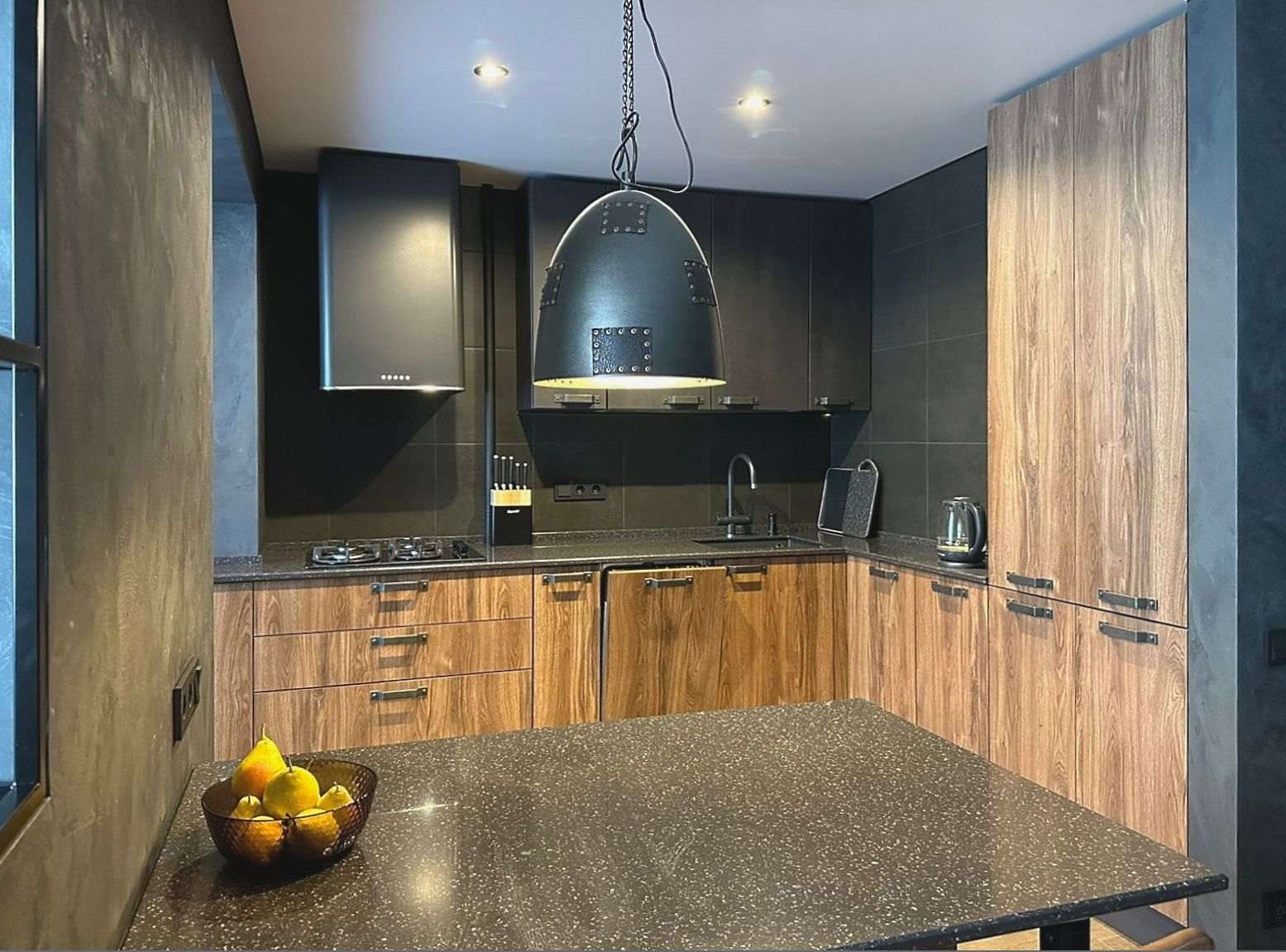
Transforming Kitchens, Enhancing Lives
The Heart of the Home
Kitchens have long been considered the heart of the home, a place where family and friends come together to share meals, stories, and memories. But as our lives and technologies evolve, so do the roles of our kitchens. This space is no longer just about cooking—it's about living. A transformed kitchen can significantly enhance the quality of life for its users by incorporating modern design elements, improved functionality, and advanced technology.
Embracing Modern Design
Modern kitchen design goes beyond aesthetics. It's about creating a space that reflects the homeowner's personality while staying efficient and comfortable. By using minimalist principles, open floor plans, and a blend of natural and artificial materials, architects and designers can create a kitchen that is both timeless and cutting-edge. With smart storage solutions and space-saving innovations, modern kitchens can be both stylish and practical, suitable for small apartments and spacious homes alike.
Functionality Meets Technology
As smart home technology advances, the kitchen is keeping pace, integrating gadgets and appliances that streamline meal preparation and cooking processes. Smart refrigerators can now keep track of inventory and suggest recipes based on available ingredients. Ovens with Wi-Fi connectivity allow for remote preheating, and smart faucets dispense water at the desired temperature and volume with a simple voice command. This synergy between functionality and technology not only saves time but also makes cooking more enjoyable.
Healthier Cooking, Healthier Lives
Modern kitchens can impact health and well-being. With features like built-in steam ovens and indoor herb gardens, preparing fresh and nutritious meals has never been more accessible. Improved ventilation systems ensure that the air remains clean, reducing the risk of respiratory issues. Ample natural lighting, a critical component of kitchen design, offers both visual comfort and psychological benefits, potentially improving mood and productivity.
Energy Efficiency and Sustainability
One of the most significant benefits of a transformed kitchen is increased energy efficiency. By incorporating Energy Star-rated appliances, LED lighting, and sustainable materials, homeowners can reduce their carbon footprint while saving money on utility bills. Sustainable kitchens also often use eco-friendly materials such as bamboo for flooring and recycled glass for countertops, promoting environmental responsibility without compromising on style or durability.
Bringing Families Together
Ultimately, the most profound impact of a transformed kitchen is on the people who use it. By designing a comfortable, inviting space, families are encouraged to cook and dine together. This togetherness fosters stronger relationships and creates a sense of community within the home. With the kitchen's transformation, it becomes a place where life's simplest pleasures are celebrated, and the act of sharing a meal can turn into the creation of cherished memories.
Conclusion
Transforming kitchens is not just about the latest trends or gadgets; it's about enhancing the lives of those who inhabit them. A well-designed kitchen has the power to simplify tasks, save time, promote healthier habits, and bring families closer. By focusing on the intersection of design, functionality, and technology, we can create spaces that do more than cook meals—they celebrate the essence of the home and the joy of living.